Rosacea
If you have ongoing symptoms of the face or eyes, schedule now with a Brassfield Dermatologist for a diagnosis and treatment. With our team of experts, you can regain your healthy skin confidence.
Examples of Rosacea
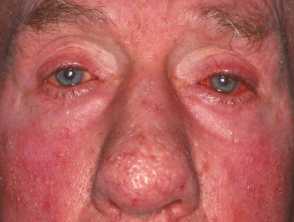
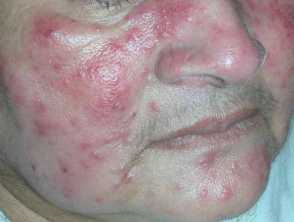
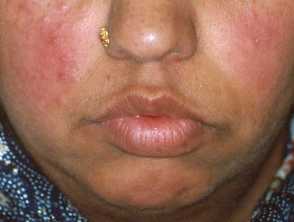
What are the Symptoms of Rosacea?
- Facial redness.
- Acne-like bumps.
- Enlarged nose.
- Facial spider veins.
- Swollen or thickened skin.
- Burning sensation
- Flushing.
Causes of Rosacea
- Combination of genetic, environmental, and vascular factors likely contribute to its development.
- Abnormalities in the face blood vessels.
- Reaction to microscopic mites commonly found on the face.
How to prevent Rosacea
While there is no guaranteed way to prevent rosacea, certain lifestyle modifications and skincare practices may help reduce the risk of developing symptoms or minimize their severity. Here are some tips to potentially prevent or manage rosacea:
- Sun Protection: Protect your skin from the sun by using a broad-spectrum sunscreen with at least SPF 30.
- Gentle Skincare Routine: Adopt a gentle skincare routine using mild, fragrance-free cleansers and moisturizers.
- Temperature Control: Stay cool in warm weather and protect your face from harsh winds in cold weather.
- Dietary Considerations: While there is no specific "rosacea diet," some individuals find that certain foods can trigger their symptoms. Pay attention to your diet and note any patterns in symptom aggravation.
- Avoid Harsh Skincare Procedures: Steer clear of harsh skincare treatments such as chemical peels or abrasive exfoliants, as they may irritate the skin.
- Use Hypoallergenic Products: Choose hypoallergenic and non-comedogenic skincare and makeup products to reduce the risk of skin irritation.
- Consult a Dermatologist: If you notice persistent redness, flushing, or other symptoms suggestive of rosacea, consult with a dermatologist for a proper diagnosis and personalized treatment plan.
Rosacea FAQs
Identifying and avoiding triggers like spicy foods, alcohol, and extreme temperatures can help manage flare-ups. A gentle skincare routine, including mild cleansers and moisturizers, is essential.
You can still wear makeup with rosacea, but it's crucial to choose products designed for sensitive skin. Mineral-based or hypoallergenic makeup is often a good choice. Consult with a dermatologist for recommendations.
Sunscreen is crucial for rosacea-prone skin. Opt for a broad-spectrum, SPF 30 or higher sunscreen, and apply it daily. Sun protection helps prevent flare-ups triggered by sun exposure.
Rosacea is a chronic condition, but with proper management and treatment, symptoms can be controlled. Working with a dermatologist to find an effective treatment plan is essential.
From our QualDerm Family of Brands: Sunscreen Tips
How to treat Rosacea
To begin your personalized rosacea treatment plan, schedule an appointment with us now for expert guidance and care.
Related Blog Posts
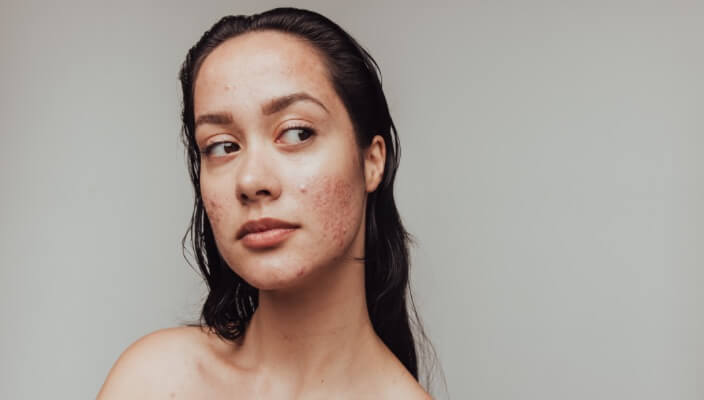
- General Dermatology
- Skin Care
- Chronic Skin Conditions
Hormonal acne can be a pesky skin problem for many. The only way to address this is by finding a hormonal acne treatment that works for you and your unique skin.
Read More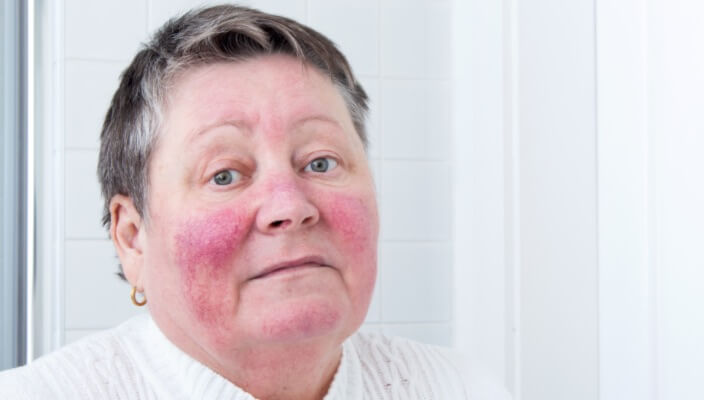
- Chronic Skin Conditions
Rosacea, a chronic skin condition characterized by redness, visible blood vessels, and sometimes acne-like bumps, can be an enigmatic challenge for those who experience it.
Read More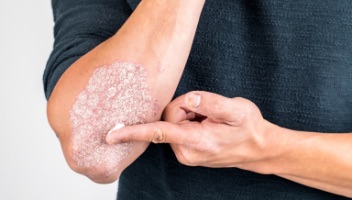
- General Dermatology
- Chronic Skin Conditions
We’re sharing our top tips on how to soothe eczema during summertime so you can better enjoy this beautiful time of the year.
Read More